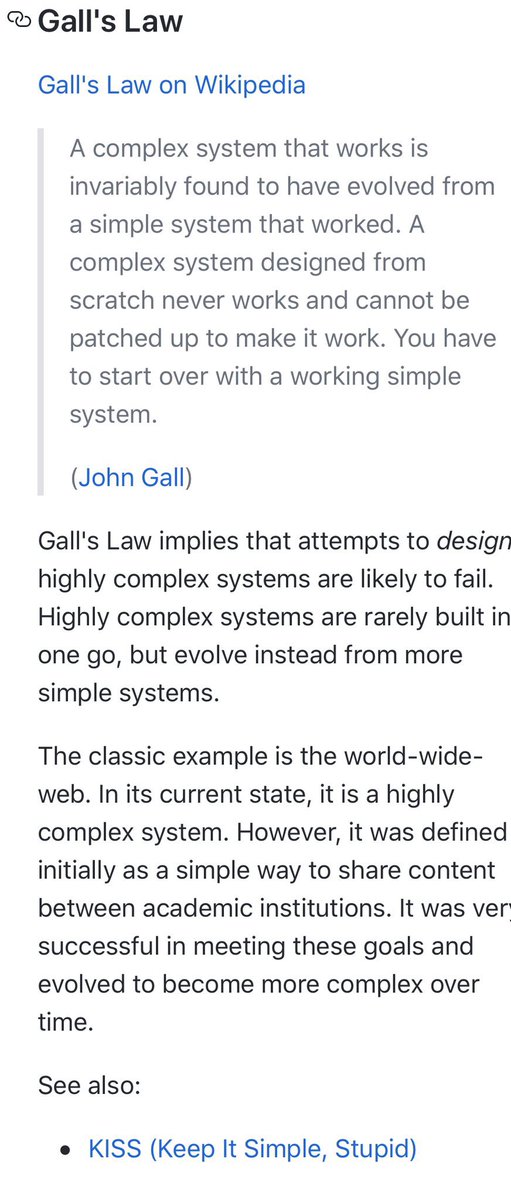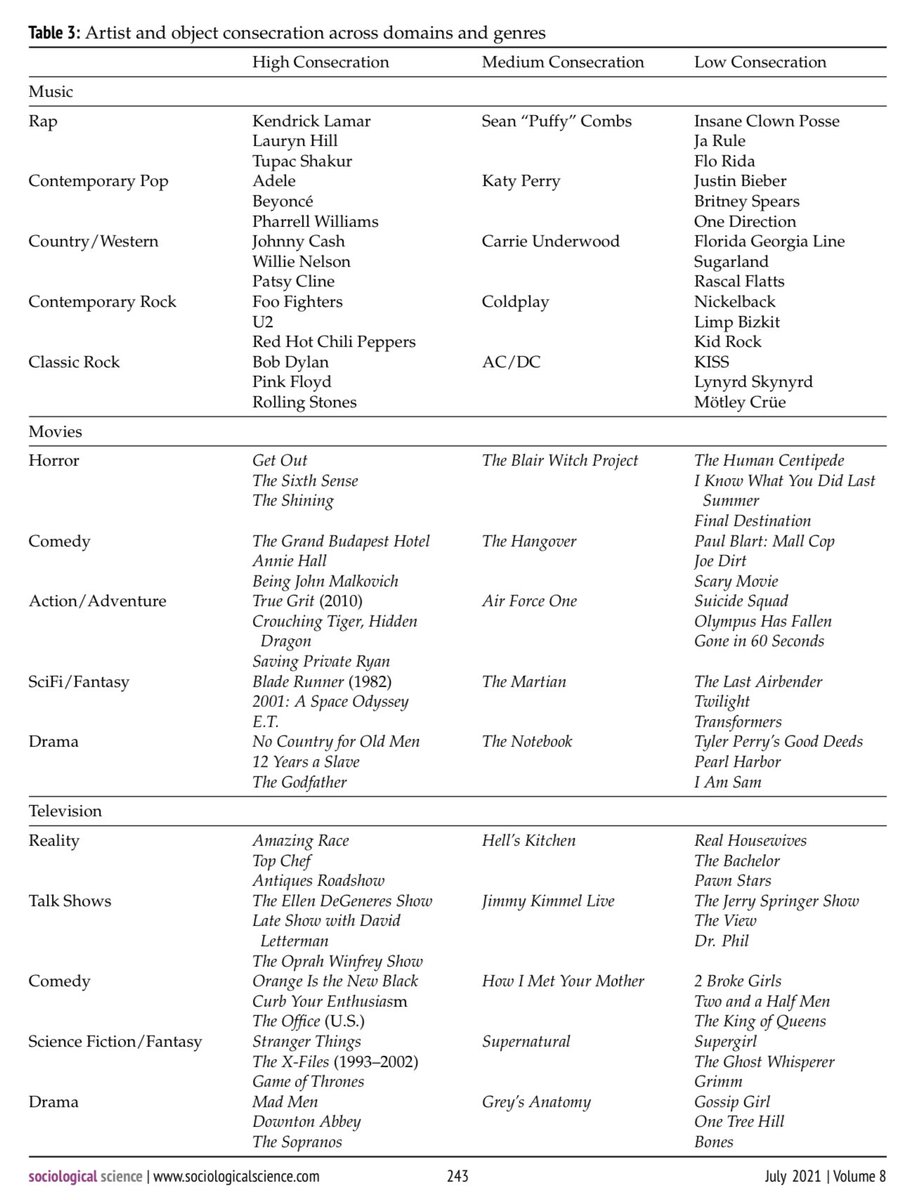
I hadn't heard of the "twisties" before, but it turns out to be a known & not well-understood risk for elite athletes, like the "yips" in 🏌️♂️& "target panic" in 🏹 (except much more dangerous!) - a sudden loss of elite skills. This was a helpful overview: frontiersin.org/articles/10.33… 

Also, to be clear, I am not a sports psychologist, so my reading suggestion could be wrong- more expert people should please feel free to correct me! But it does highlight how incredibly complex true mastery and expert ability is (and how little we really understand it)
I like this classic description of how experts differ from non-experts. Making it harder: experts have trouble explaining the principles behind what they do in a way that non-experts can usnderstand. They just operate at a different level. 



Suggestion from an actual sports psychologist with a professional team 👇
https://twitter.com/AlexAuerbachPhD/status/1420585546636726278?s=20
• • •
Missing some Tweet in this thread? You can try to
force a refresh

















